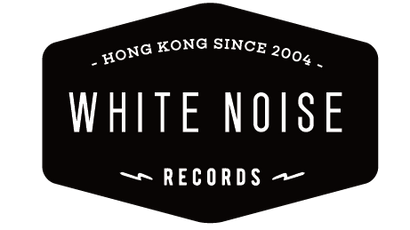It began with Kwaidan, a simmering study on the lost art of Japanese ghost story-telling. Then there was Komachi, baptized in the earthly winds and static that define its comforting sonics.
On Kofū, Meitei masterfully closes his trilogy of lost Japanese moods with an engaging interrogation of art forms and aesthetics as a provocation — or, as fashioned in the album’s subtitle, a “satire of old Japanese aesthetics”. Each entry’s distinct flavour has earned Meitei acclaim for conjuring a bygone culture through his transportive form of ambient music. Kofū arrives as a deconstruction of this approach. His first release with KITCHEN. LABEL, Meitei has quietly defied expectations set by his previous two albums, while continuing to challenge modern notions of Japanese sounds.
Once again, Meitei resumes his focus on a Japan that has long ceased to be. This time, Kofū is deliberately playful in bridging a sensibility that connects this imagined past to the present. Fractured piano chords are the first to greet you on Kintsugi before they make way for a spectral elegance that parades the haunted mask of Kwaidan on Man’yō.
Kofū allows full immersion into fragments of the past without the trappings of nostalgia. The tracklist is denoted by prominent (and unseen) figures of this history. Tracks Sadayakko and Otojirō are named after renowned entertainers from the Meiji era, while Nyōbō is dedicated to a long-suffering line of working-class women within a patriarchal Japanese society. The sounds of Oiran, sharing the name of the title bestowed upon courtesans, were sparked after learning about the treatment of red-light district workers within this era. It paints a grim picture of baidoku (also known as syphilis) and its ravage spread.





















